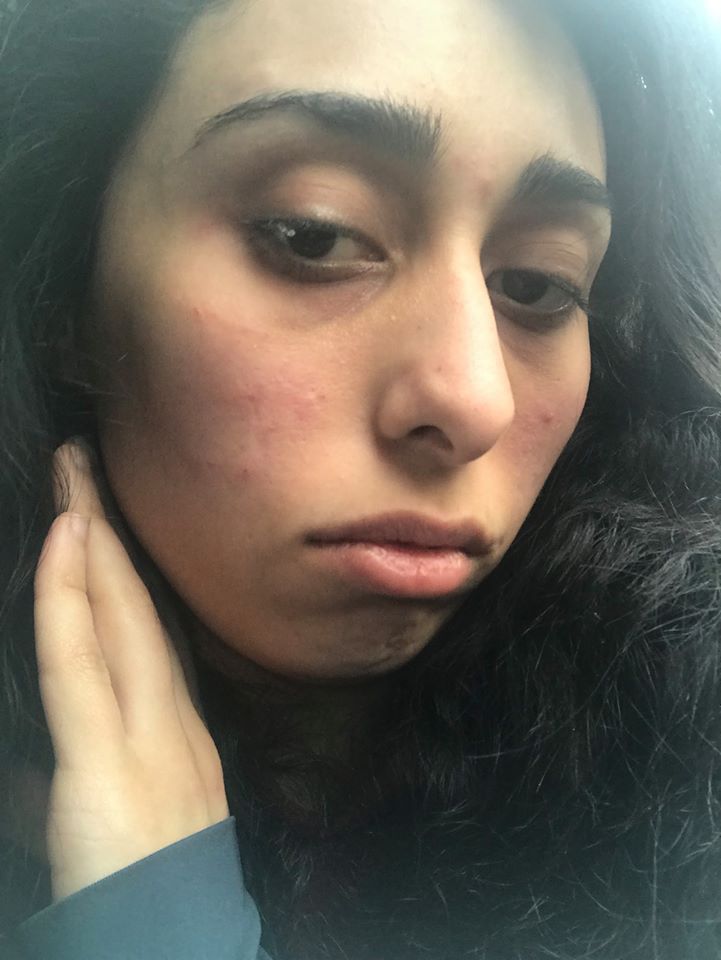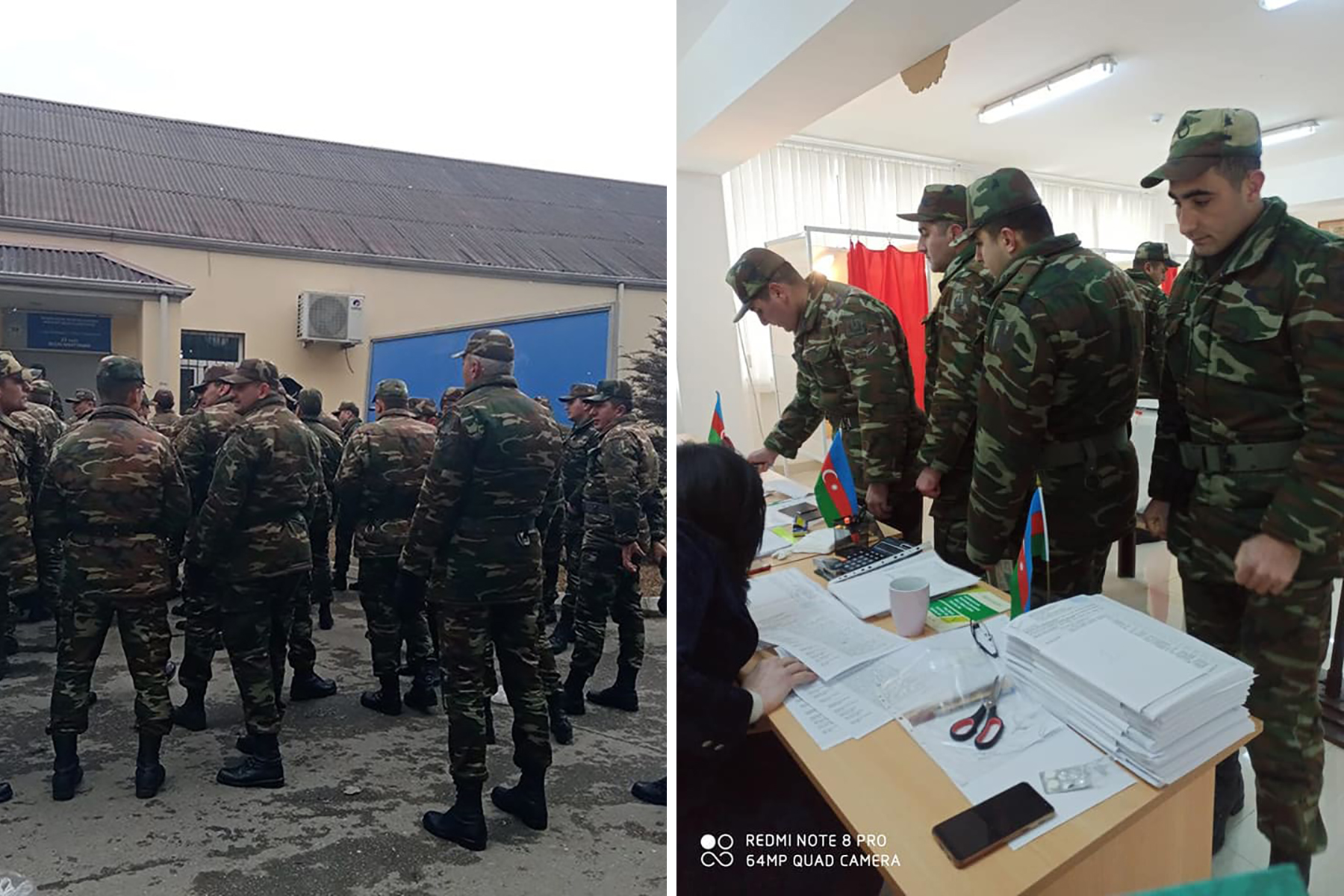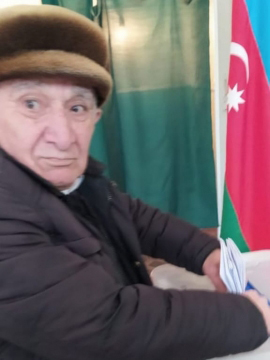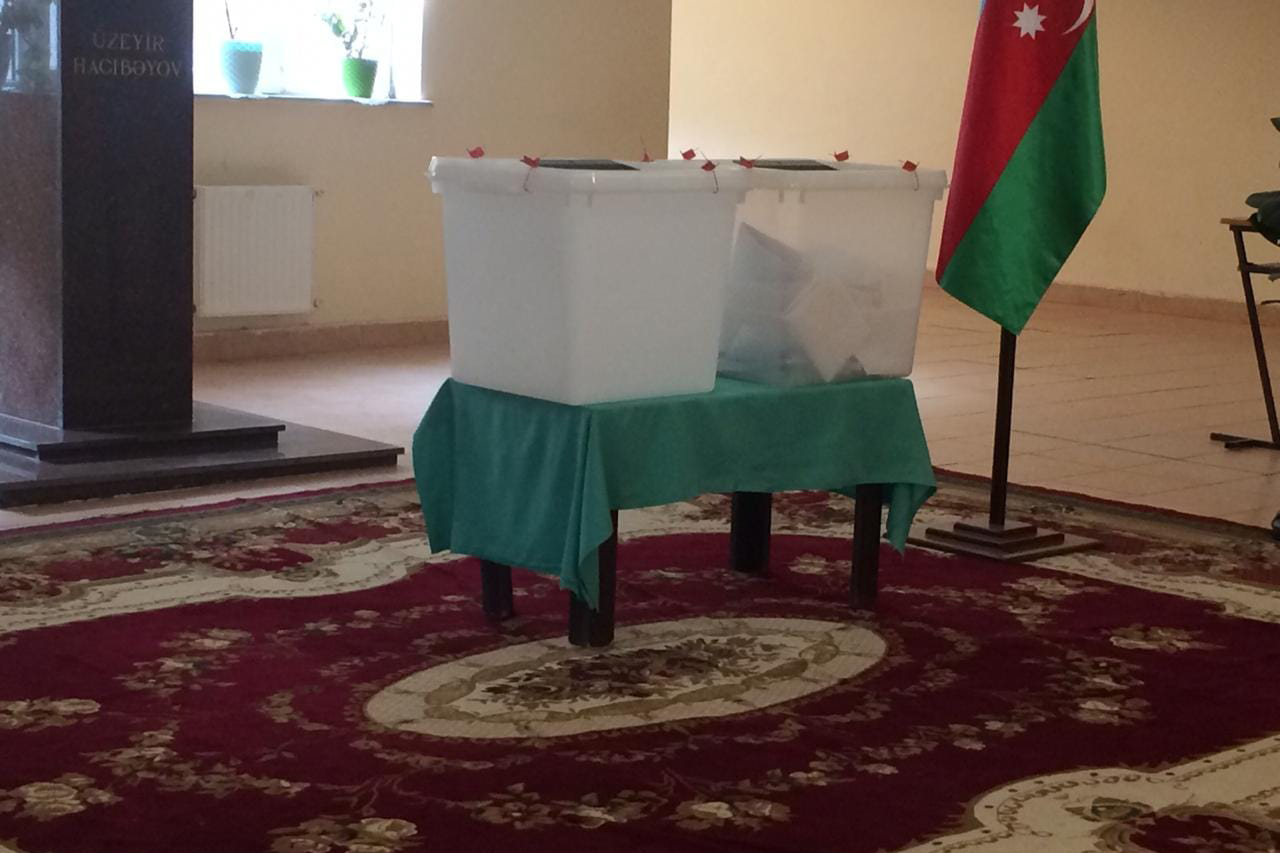Preliminary results show almost no change in Azerbaijan parliament

Preliminary results from Azerbaijan’s parliamentary elections show that the makeup of parliament will not change significantly. Sunday’s poll was marked by violence against journalists and observers and widespread electoral violations.
With the results in from all polling stations, the ruling new Azerbaijan Party has won 72 of 125 seats, in 2015 they won 69, while 43 independent candidates were elected.
The preliminary results were almost identical to the exit polls from US consultancy firm Arthur J Finkelstein & Associates and the Citizens’ Labor Rights Protection League.
Jamil Hasanli, the chair of National Council of Democratic Forces earlier slammed Arthur J Finkelstein & Associates. He said that their investigations of the firm had found that ‘the main work of it consists of providing election services to dictators in Post Soviet countries’.
He noted that the company conducted exit polls in the 2013 presidential elections as well where their results were almost identical to the CEC’s.
Official figures put turnout at 48%, compared to 56% during the last parliamentary election in 2015. Local observer group the Institute for Democratic Initiatives claimed that turnout was much lower than the official count.
The election was called after the ruling New Azerbaijan Party, which had a strong majority in parliament already, announced in late November they intended to call an election to aid the ‘reforms led by President Ilham Aliev’.

Others have speculated the move is meant to strengthen the position of President Aliyev’s wife, Vice-President Mehriban Aliyeva.
There were numerous reports of journalists and observers being prevented from carrying out their work by members of the electoral commissions, and in several cases, physically attacked.
Journalists and local observers published footage and images of dozens of electoral violations throughout the country.
In one instance of apparent carousel voting, opposition activist Zumrud Yaghmur posted footage and photographs of dozens of soldiers voting in at least two polling stations in Baku.
Other violations recorded included ballot-box stuffing, multiple voting, and electoral commissions failing to follow procedures.
In Sumgayit several people were filmed by the Institute for Democratic Initiatives voting twice. Two men were photographed voting twice in the Yasamal District of Baku.

Three people were filmed walking together into a voting booth in the city of Sumgayit; the same happened in a voting booth to vote in Imishli.
Meydan TV’s Habib Muntazir reported that five people in Mashtaga township in Baku who were dead were registered as having voted.

Mazahir Panahov, the head of the Central Election Commission, told journalists that ‘all the cases reported in social media will be investigated’. ‘If someone is taking illegal actions at the sites, measures will be taken in accordance with the law’, he said.
Violence against journalists and observers
Independent candidate Anar Asadli stated that an observer from his campaign was beaten by members of the electoral commission for protesting against carousel voting at a polling station in the Guba constituency.
Rufat Aliyev, an observer from the opposition Real Republicans electoral block, reported that he was slapped in the face at a polling station in the village of Shuruk in the southern Lankaran District and was removed from the polling station. He said he had appealed to the police over the incident.
Meydan TV journalist Habib Muntazir reported two cases of female observers being attacked at polling stations — in the village of Shuruk in the southern Lankaran Municipality and in the Mashtagha District of Baku.
Two journalists in Lankaran were removed from polling stations and betean, Mikroskop Media reported.
OC Media contributor Seymur Kazimov reported that journalists were prevented from filming at a polling station in the Binagadi constituency of Baku. He said that supporters of the ruling New Azerbaijan party told him that this was for ‘privacy’ reasons.
The opposition Musavat party has reported that a number of their observers were prevented from entering or expelled from polling stations.

Natig Jafarli, a candidate from the Real Republicans block, reported on Facebook that observers from his campaign were removed from six polling stations. At two of them, he said the police were called ‘because of my observers’.
Members of local electoral commissions several times called or threatened to call the police to remove observers from polling stations. One such case happened in the Kapaz constituency in Ganja.
The Ministry of Internal Affairs defended the police’s actions during the election, telling APA that they had fulfilled their duties and ensured the rule of law.
They said that there were no serious violations of public order or any illegal interference by the police in the election process.
‘The police came to the polling stations on the basis of official appeals only in cases assured by the Electoral Code and restored the law taking legal actions’, they said.
‘Fake observation missions’
A number of international missions observed the election, including from the OSCE and Council of Europe.
Anar Mammadli, the head of the Election Monitoring and Democracy Studies Centre (EMDS), told OC Media that the Azerbaijani government also invited observers from ‘extremist political forces’.
‘The government brings several observers from different countries, including Turkey, European countries, Russia, and other CIS countires.’
‘In most cases, they are representatives of extremist political forces in Europe — radical left or radical right. The statements of these observers about the elections are far from professional and based on political interests’, he said.
‘That is why these observers are recognised as “fake observation missions” amidst international election institutes.’
He said that from 56 international organisations registered by the Central Election Commission, only the methodologies of three have been made public — the OSCE’s Office for Democratic Institutions and Human Rights (ODIHR), the Parliamentary Assembly of the OSCE, and the Parliamentary Assembly of the Council of Europe.
He said that other international observers frequently disregarded rules adopted by the UN on election observation, such as the need for long-term monitoring and that observers should not release their results on election day.
‘In Azerbaijan these principles are violated periodically […] [the observers] speak out to journalists, talk about several topics and in most cases they make statements in favour of the ruling party’.







